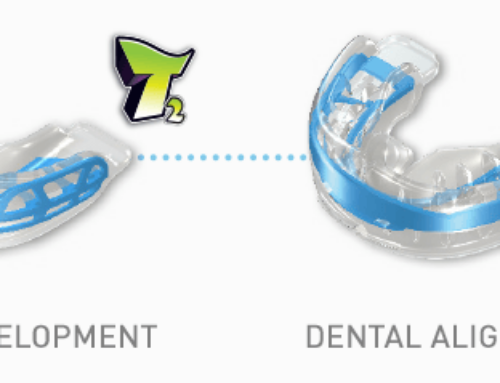You may consider yourself to be an overall healthy person as far as nutrition and physical fitness go, but are you aware of how important your oral health is to your body? If you have issues with your jaw due to misalignment, trauma or injury, you may be a candidate for orthognathic surgery. Orthognathic surgery is a corrective jaw surgery in which an oral or maxillofacial surgeon who is trained in specific correcting techniques can improve the position and alignment of your jaw so as to relieve dental issues and deformities of the jaw and face.
Is Orthognathic Surgery Worth it?
Surgery is a big decision, as well as a big time commitment. In most cases, it’s recommended that you account for about two years to bring the full process to fruition, including six months of pre-surgical orthodontic treatment to prepare the mouth for surgery, followed by surgery itself within three months of the first phase of treatment completion, and finally three months up to a year long of post-surgical treatment. If you’re considering whether orthognathic surgery is right for you, you should consider a number of possibilities:
- Personal pain tolerance
- Recovery time
- Potential risks
As with any surgery, there are always factors to take into consideration. If the issues with your jaw and or facial asymmetries are mild, you may be able to live without noticing how they impact your day to day life. However, if your jaw is misaligned in such a way that you have a crossbite, open bite, or other mal-alignments, or any condition in which you experience discomfort or difficulty daily, you should consider the benefits surgery could offer.

Does Orthognathic Surgery Hurt?
Surgery itself is not painful since a general anesthetic is used. In other words, the jaw will be numbed to feeling and the numbness will wear off within a few hours after surgery. Once anesthesia wears off it is common to experience pain and swelling of the jaw and face, but this can be controlled with prescribed painkillers which should be taken as directed.
Painkillers should only be taken as prescribed by your provider. It is important not to increase the frequency you take these pills and equally important not to skip a dose if you think your jaw is feeling better. Skipping a dose could lead to severe pain during the healing stage and leave you rushing to find relief. It is uncommon to need to utilize painkillers for more than 10 days after the procedure.
Are There Risks to Orthognathic Surgery?
With any surgery, the question isn’t whether there are any risks associated, but what risks are associated with the surgery. With orthognathic surgery the most common and serious risks include blood loss, infection, jaw fracture, vascular disease, necrosis of the bone, periodontal disease, nerve damage and temporomandibular joint (joint that connects your jaw to the rest of your skull) issues. There is also the possibility of your jaw returning to a misshapen position or issues with bite positioning and jaw joint pain.
How Long Does Recovery From Orthognathic Surgery Take?
If you have decided to move forward with orthognathic surgery, you should plan two to three weeks away from work or school to heal after surgery. Taking time to heal is common after any surgery, and orthognathic surgery should be treated no differently. Allowing your mouth time to heal will enable the process to run smoothly and lessen the risk of complication or infection.
Orthognathic Surgery In Fort Worth
If you are ready to discuss your options for jaw surgery with an experienced team of professionals, don’t wait any longer to contact Ahava Orthodontics in Fort Worth. Dr. Barron has been working with patients for over 25 years and looks forward to providing you with the best treatment possible on your journey to a fully functional smile. Call our office at 817-926-9777 to make an appointment to discuss your treatment plan.




